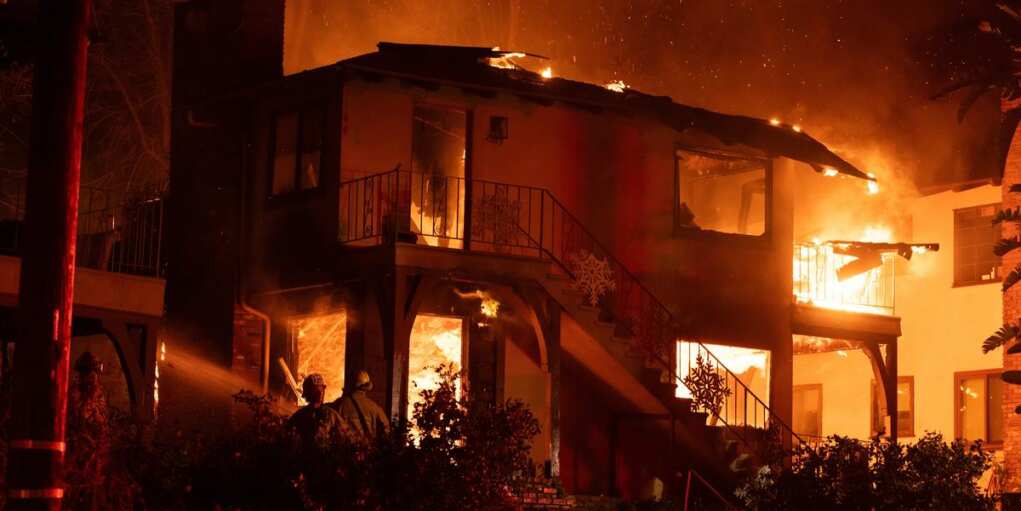No Whites Allowed—Celebrity Fire Fund Backs Anti-White Groups

Washington Free Beacon reporter Jon Levine said on “The Alex Marlow Show” that his review of FireAid spending found a mix of legitimate grants alongside groups filtered by race or unrelated to recovery. He described a pattern that put activism ahead of neutral relief.
Levine said some awards went to bona fide aid groups that actually help people rebuild and relocate. Then, he said, there were payouts that shut out entire communities by design and redirected cash away from the core mission of helping families harmed by fires.
“but then you would get stuff like the Black Freedom Fund, which is only for black and brown. You would get stuff like the Greenline Housing Foundation, black and brown only, whites need not apply. You would get weird things that had nothing to do with fire recovery, the California Native Vote Project, which is about getting out the vote efforts for indigenous people.”
That quote captures the heart of the problem Levine outlined: a disaster fund presented as inclusive relief allegedly funneled donations through identity gates. If true, victims who didn’t fit the favored categories could have been sidelined while politics moved to the front of the line.
Levine emphasized that not every grant was problematic. He said some dollars clearly reached on-the-ground operations with real track records. The issue, he argued, was the carve-outs that limited access based on race and the drift into election-season campaigning under the banner of “recovery.”
“But then you would get stuff like the Black Freedom Fund, which is only for black and brown,” he said, folding several examples into one summary of where donor intent and final destinations may have parted ways. He added that “the California Native Vote Project” was “about getting out the vote efforts for indigenous people.”
Those details matter because donors expect emergency money to rebuild homes, support displaced families, and boost local services. They don’t expect racial bars or voter-mobilization projects in the fine print. When elite-backed efforts stray, trust in charitable giving takes the hit—and real victims pay the price.
The conversation also speaks to a broader trend conservatives have flagged for years: disaster and philanthropy networks captured by DEI rules and political projects. Americans saw this with other “relief” schemes that quietly routed funds to activism. Levine’s reporting suggests that pattern is still alive.
Accountability is simple here. If the fund made race a gatekeeper, it should say so plainly. If grants went to election work while families sifted through ashes, that must be disclosed. Donors and victims deserve a transparent ledger, not a maze of euphemisms that hides where the money actually went.
Republicans have long pushed for equal treatment and viewpoint-neutral aid, not ideological tests. That standard protects every family hurt by disaster, no matter their background, and it keeps charitable giving focused on results, not politics. It’s also how trust is rebuilt and kept.
This is the moment for straight answers: who approved these grants, what criteria were used, and how much actually reached fire victims. No spin, no stonewalling, no identity boxes. Put the receipts on the table and put families first—because relief should be blind, fair, and fast.

